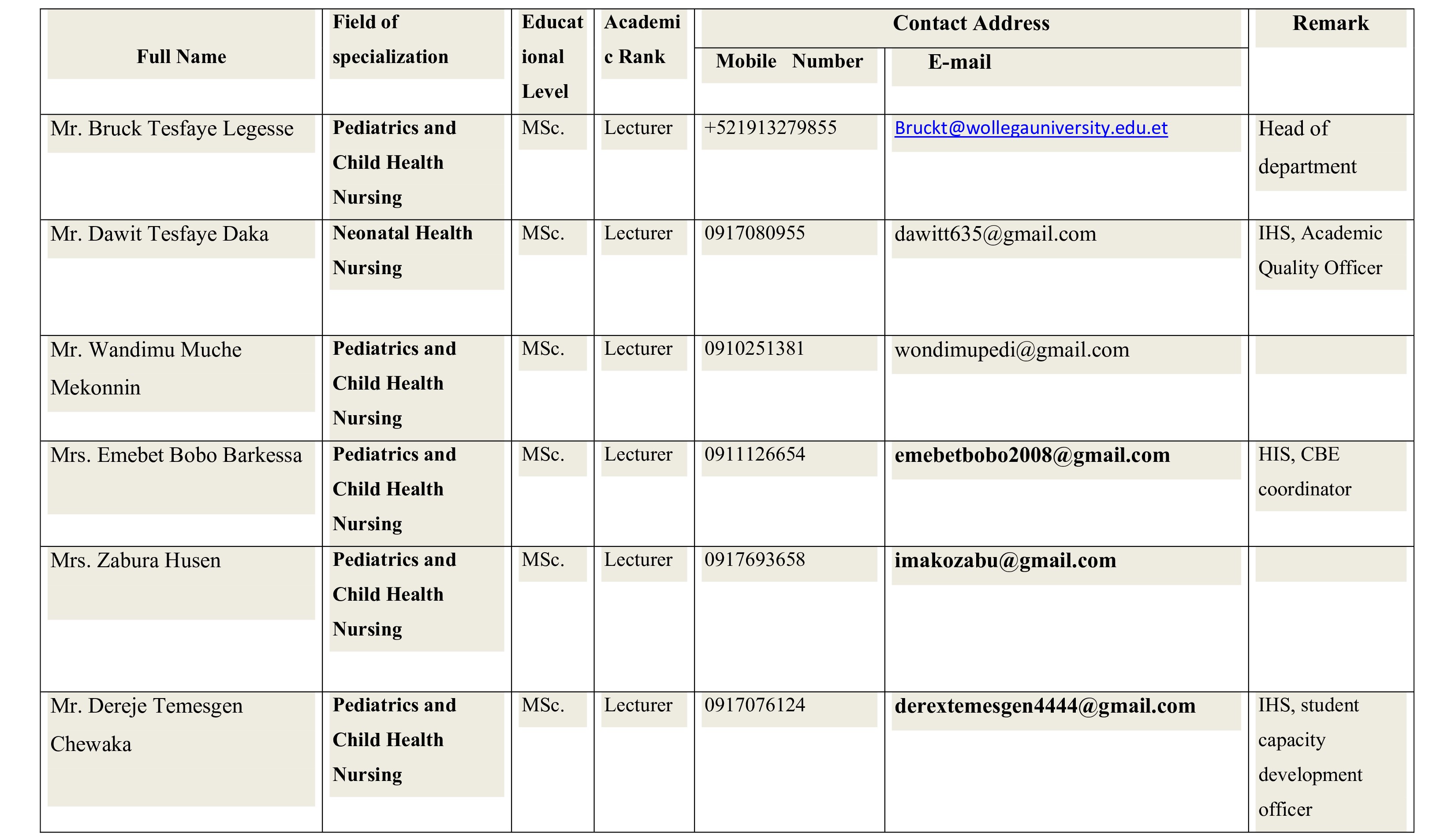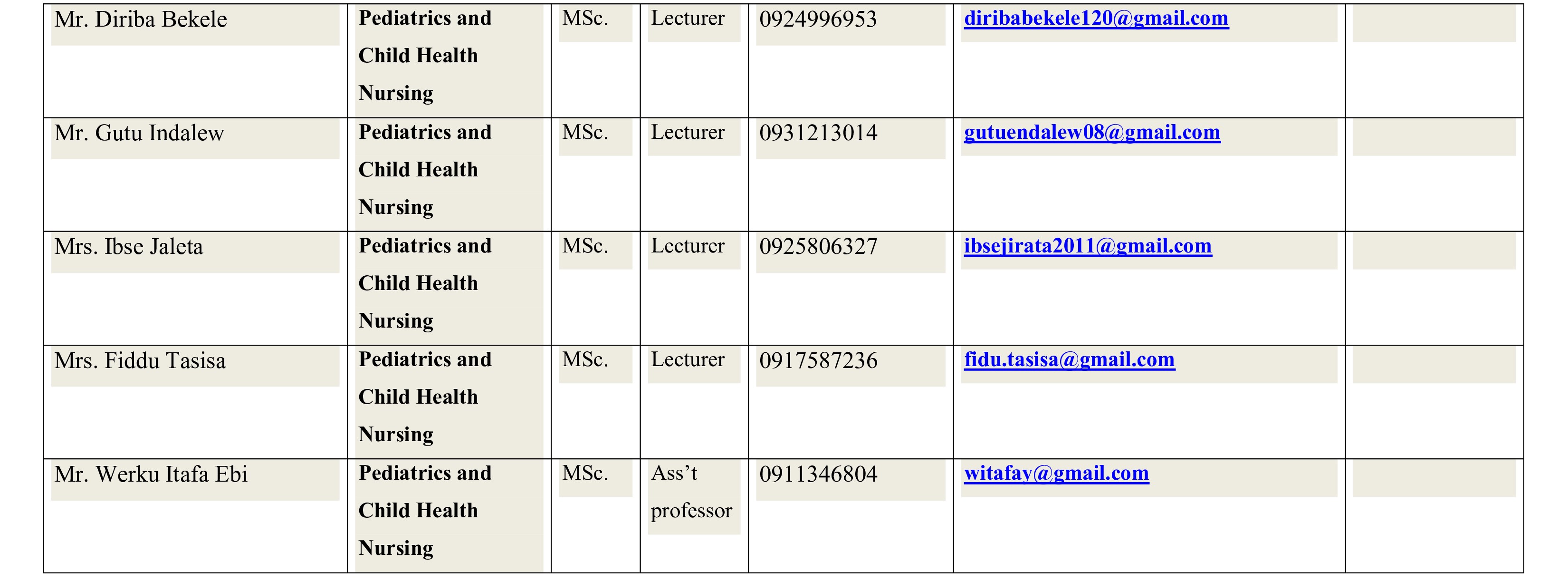 Name: Eba Abdisa Golja
Name: Eba Abdisa Golja
Academic Rank: Assi. Professor, PhD candidate
College/Institute: School of Nursing and Midwifery, Institute of Health Sciences, Wallaga University.
Department/Team: Psychiatry Nursing
Current position: - Former Nursing and Midwifery Academic and Service Directorate (from June,2019 to January, 2022), Former Institute of Health Sciences, ACVD (from January, 9/2022 to December,15/2024).
Field of Specialization: Integrated Clinical and Community Mental Health (ICCMH)
Research Interest: Mental health and related issues in Ethiopia
List of Publications
- Medication prescribing errors among hospitalized pediatric patients at Nekemte Referral Hospital, western Ethiopia: cross-sectional study. BMC Res Notes (2019) 12:421 https://doi.org/10.1186/s13104-019-4455-1 https://www.researchgate.net/publication/334500518
- Self-stigma and medication adherence among patients with mental illness treated at Jimma University Medical Center, Southwest Ethiopia. Int J Ment Health Syst (2020) 14:56 https://doi.org/10.1186/s13033-020-00391-6
- Predictors of Adherence to Self-Care Behavior Among Patients with Diabetes at Public Hospitals in West Ethiopia Dove Press © 2020 at http://doi.org/10.2147/DMSO.S266589.
- Prevalence of Drug Non-Adherence and Associated Factors Among patients with Schizophrenia at Amanuel Mental Specialized Hospital, Addis Ababa, Ethiopia. in Health Science Journal · January 2017 DOI: 10.21767/1791-809X.1000520
- Maternal Common Mental Disorder as Predictors of Stunting among Children Aged 6-59 Months in Western Ethiopia: A Case-Control Study. Hindawi, International Journal of Pediatrics Volume 2019, Article ID 4716482, 8 pages https://doi.org/10.1155/2019/4716482
- Assessment of knowledge, attitude and practice towards tuberculosis infection control among health professionals in Nekemte Referral Hospital, Nekemte, Oromia, West Ethiopia: cross sectional facility-based study. International Journal of Infection Control · July 2020 DOI: 10.3396/ijic. v16i3.019.20 : https://www.researchgate.net/publication/346841911
- Medication Non-adherence and Use of Traditional Treatment Among Adult Psychiatric Patients in Jimma Town Treated at Jimma University Teaching Hospital Psychiatric Clinic. Community Based Cross-sectional Study, 2016. Mekuriaw et al., J Psychiatry 2017, 21:1DOI: 10.4172/2378-5756.1000434
- Disability among Patients with Mental Illness in Jimma Town, Southwest Ethiopia, 2017, Community based Cross sectional Study: https://www.researchgate.net/publication/341977133
- Post-Traumatic Stress Disorder and Associated Factors Among Traumatic Patients Attended in Four Government Hospitals, West Ethiopia. : https://www.researchgate.net/publication/344899206
- Nurses’ knowledge about palliative care and attitude towards end- of-life care in public hospitals in Wollega zones: A multicenter cross-sectional study. PLoS ONE 15(10): e0238357. https://doi. org/10.1371/journal.pone.0238357
- Adherence to antiretroviral therapy and associated factors among Human immunodeficiency virus positive patients accessing treatment at Nekemte referral hospital, west Ethiopia, 2019. PLoS ONE 15(5): e0232703. https://doi.org/10.1371/journal.pone.0232703
- Substance Use Disorders and Associated Factors Among Adult Psychiatric Patients in Jimma Town, Southwest Ethiopia, 2017. Community-Based Cross-sectional Study. in Clinical Medicine Insights Psychiatry · February 2021 https://www.researchgate.net/publication/349478278 DOI:10.1177/1179557321989699
- Prevalence of Depressive Symptoms and Its Associated Factors among People Living with HIV Attending Public Hospitals of Nekemte Town, Western Ethiopia, Hindawi Behavioural Neurology Volume 2021, Article ID 8854791, 7 pages https://doi.org/10.1155/2021/8854791
- Predictors of Health-Care Workers’ Unwillingness to Continue Working During the Peak of COVID-19 in Western Ethiopia: An Extended Parallel-Process Model Study. submit your manuscript | dovepress.com DovePresshttp://doi.org/10.2147/RMHP.S288003
- Impact of the COVID- 19 pandemic on the cost of chronic diseases treatment and care at public hospitals in Wallaga zones, Oromia Regional State, Ethiopia: a hospital- based, cross-sectional BMJ Open 2023;13: e070195. doi:10.1136/ bmjopen-2022-070195
- Disclosure Deficits among People Living with HIV on ART at Nekemte Specialized Hospital, Western Ethiopia:https://www.researchgate.net/publication/351308526
- Magnitude and associated factors of depression among prisoners in Wollega zones, Oromia region, Ethiopia: A cross-sectional study. PLoS ONE 17(3): e0260920. https://doi.org/1371/journal.pone.0260920
- Cultural sensitivity and associated factors among nurses in southwest Ethiopia: a cross-sectional study. Berhanu et al. BMC Nursing (2024) 23:182 https://doi.org/10.1186/s12912-024-01838-8
- Antenatal Care Service Utilization Among Women Who Gave Birth Amid Covid-19 Pandemic in Wollega Zone, West Ethiopia: Community Based Cross-Sectional Study. November 2022, DOI: 10.69614/ejrh.v14i4.554 :https://www.researchgate.net/publication/365216387
- Impact of COVID-19 pandemic on chronic diseases care follow-up and current perspectives in low resource settings: a narrative review Int J Physiol Pathophysiol Pharmacol 2021;13(3):86-93 ijppp.org /ISSN:1944-8171/IJPPP0133845
- Time to Antiretroviral Therapy Initiation and Its Predictors Among Newly Diagnosed HIV-Positive People in Nekemte Town, Western Ethiopia: Claim of Universal Test and Treat : https://www.researchgate.net/publication/355162393
- Compliance with research ethics in epidemiological studies targeted to conflict-affected areas in Western Ethiopia: validity of informed consent (VIC) by information comprehension and voluntariness (ICV) https://doi.org/10.1186/s12910-024-01003-5
Contact Address:
Mobile phone: +251917094158
E-mail :

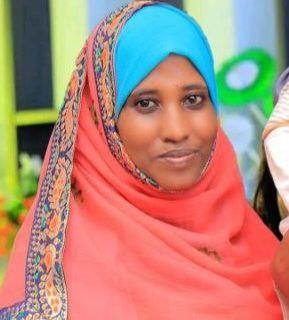 Name: Zebura Husen
Name: Zebura Husen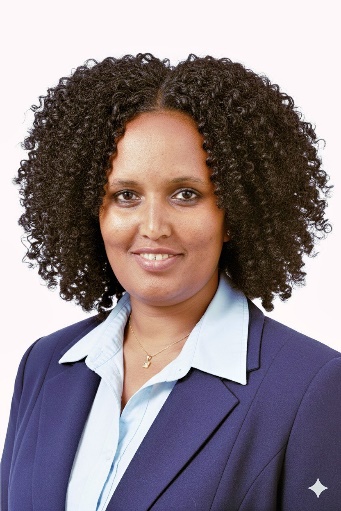 Name: Emebet Bobo Berkessa
Name: Emebet Bobo Berkessa Name: Dereje Temesgen Chewaka
Name: Dereje Temesgen Chewaka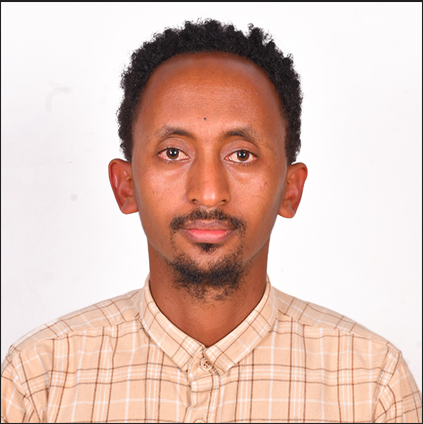 Name: Wandimu Muche Mekonen
Name: Wandimu Muche Mekonen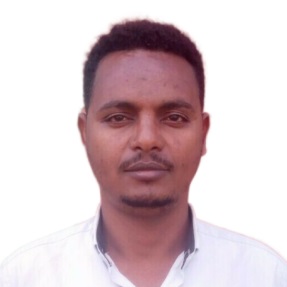 Name: Dawit Tesfaye Daka
Name: Dawit Tesfaye Daka